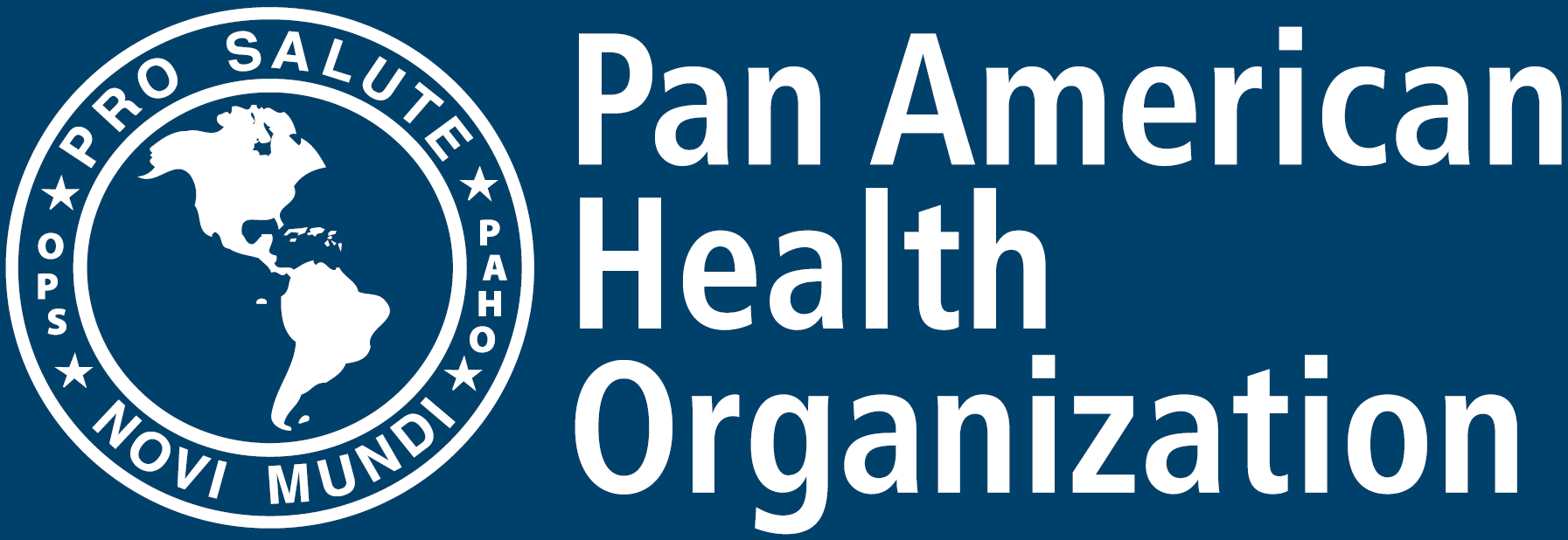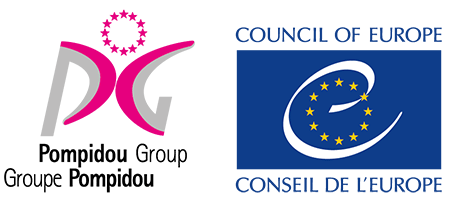An in-depth understanding of the threats posed, and impact generated by Transnational Organized Crime related to the trafficking and use of synthetic drugs in the Southern Africa region to inform evidence-informed policy and public health interventions.
Synthetic drugs transnational trafficking and their use pose a significant challenge to public security and public health in Africa and worldwide. The continent serves as a transit point for drugs between production hubs and consumer markets. Synthetic drugs like methamphetamine and ecstasy are increasingly passing through African countries, leading to rising consumption, trafficking, and synthetic drug use disorders. Limited resources, corruption, and inadequate infrastructure hinder effective law enforcement against drug trafficking. Synthetic drugs have severe health and societal impacts, necessitating better awareness, prevention programs, treatment services and improved healthcare facilities. The constantly evolving nature of synthetic drugs complicates regulation and control efforts. Lack of capacity to address issues concerning synthetic drugs is insufficient and is required critically, including evidence-based synthetic drug use treatment.
Given the general scarcity of data on the trafficking of synthetic drugs in the Southern Africa region, it is imperative that Threat Assessment on Transnational Organized Crime on Synthetic Drugs in region to get a more defined picture of the extent and severity of the problem. The findings of this study will provide robust evidence to inform policy and interventions.
African Union jointly with United Nations office on Drugs and Crime convened a High-Level Session to address substance use among youth, women, and children in Africa, from 08-10 November 2023 in Lusaka (Republic of Zambia).
The high-level session ended with the development of a Lusaka Declaration on Addressing Substance Use and Related Mental Health Disorders among youth, children, and women in Africa. This gathering brought together representatives from African Union Member States, international organizations, stakeholders, and partners to address the pressing concerns regarding substance use and mental health disorders among vulnerable demographics in the African continent.
Some of the key recommendations of the Lusaka Declaration support a spectrum of needs in Africa. The declaration emphasizes the need for standardized, age-appropriate substance use prevention and treatment curricula tailored to the African context. These curricula align with international standards on drug use prevention and WHO-UNODC International Standards for the treatment of drug use and drug use disorders.
The promotion and facilitation of sharing good practices and experiences in early prevention of alcohol and drug use, including the pivotal role of media and cultural and religious leadership, are highlighted in the Lusaka Declaration. The urgent need for evidence-based treatment for drug use and drug use disorders was extensively discussed during the High-Level Session and the need to align treatment in Africa with the International Standards.
Member States are called upon to facilitate multi-sectoral drug demand reduction services, integrating them within national drug control bodies and health and social care systems. This includes scientific evidence-based synthetic drug use treatment, that is in synergy with the developmental stages of people and key population groups.
This proposal and suggested actions are in Line with regional African context, UNODC/INL Synthetic Drugs Strategy and Lusaka Declaration. Also, it will build on the significant commitments outlined in the Lusaka Declaration and accelerate the implementation of synthetic drug strategy commitments as enshrined in UNODC/INL strategies. It will accelerate efforts to reduce transnational crimes that involves synthetic drugs in the Southern African region.
The following are evidence of UNODC’s expertise on synthetic drug use and work done in this area of drug use and drug use disorders:
To summarize a few:
UNODC ROSAF was highly active in various initiatives throughout 2023 in the Southern Africa region concerning evidence-based interventions for drug use prevention. They hosted a key side event at the 66th Commission on Narcotic Drugs (CND), focusing on promoting evidence-based drug use prevention, related mental health and general health conditions in people, including people in prisons. In addition to this, UNODC actively supported National Drug Control Bodies in Southern African region to address drug issues, including synthetic drug use among children and adolescents.
UNODC, along with Global Fund, South African National Aids Council (SANAC), and South to South Learning Network, organized a learning visit to Kenya for 25 participants responsible for implementing drug demand reduction programs in South Africa in May 2023.
UNODC facilitated capacity building with traditional leaders in South Africa on evidence-based demand reduction strategies. UNODC, in partnership with the African Union, Department of Correctional Services, and Ministry of Justice and Constitutional Development, led the validation of the National Action Plan for South Africa’s Traditional Leadership in Drug Demand Reduction in June 2023.
In July 2023, UNODC organized a two-day capacity-building event for correctional officers, focusing on evidence-based drug demand reduction in correctional facilities and the broader community in South Africa. To strengthen collaboration between government departments UNODC in collaboration with the Central Drug Authority of South Africa, organized an interdepartmental meeting advocating for evidence-based drug demand strategies in South Africa in August 2023.
During August 2023, UNODC facilitated a broad spectrum of drug demand reduction training with 19 members of Local Drug Action Committees (LDACs) in South Africa. The training also included a component on the effective implementation of the National Drug Master Plan (2019-2024) in South Africa, including interventions for synthetic drug demand reduction. UNODC also conducted a training on Stimulant Drug Use with a cohort of stimulant drug use service providers in South Africa, in August 2023. This training was the first of its kind in South Africa and an introduction of ground-breaking evidence-based knowledge and skills on stimulant use and related services. The training was attended by 33 participants from various organizations across South Africa.
UNODC provided technical support to the African Union in relation to the high-level session on addressing substance use and related mental health disorders with the theme - “securing a better future for youth, women and children: building momentum towards the Africa we want”, held from 8 to 10 November 2023 in Lusaka (Republic of Zambia). UNODC also had actively supported the Central Drug Authority of South Africa with the 3rd National Summit on substance use and Illicit trafficking from 14 to 16 of November 2023. The 3rd National Summit considered a harmonized way to implement drug use prevention in line with the National Drug Master Plan (2019-2024) in South Africa.
In November 2023, UNODC conducted a high-level drug policy makers training for National Drug Control Bodies in 16 Southern African Development Community (SADC) countries on evidence-based drug policy and fostering alignment between drug policy and interventions. This training was the first of its kind in SADC and contributed to the acceleration of effective drug policy with a focus on prevention, including synthetic drug use prevention. UNODC continues to offer technical assistance to National Drug Control Bodies in SADC countries, fostering strong collaboration in drug prevention and demand reduction efforts.
A Threat Assessment on Transnational Organized Crime on Synthetic Drugs in the Southern African Region:
- Conduct a multi-country research in the Southern African region to understand the source of synthetic drugs, major ports of entry, patterns of trafficking flows within the region and in neighboring countries they share common frontiers with and understand the impact of their use on public health.
- Conduct a rapid assessment of synthetic drug use in 5 identified countries in the Southern African region and utilize the data to inform drug policy and strategic interventions.
- Hold a regional meeting to share and validate the results of the research and give impetus to a strategic regional action plan in line with UNODC/INL Synthetic Drugs Strategy.
- Format, publish and disseminate the research report in hard and soft copies.
Measurable outcomes will be the following:
- Rapid situation assessment done on synthetic drug use in 5 identified countries in the South African region and utilizing it for strategic interventions.
- A comprehensive Report on Threats of Transnational Organized Crime related to Synthetic Drugs in the Southern African Region and the impact of their use, on public health.
- A Regional Meeting to share and validate the research report and recommendations for future work.
- Wide dissemination of the research report in the Southern African region and herewith influence policies and give impetus to strategic interventions.
- An improvement in Southern Africa’s strategic response to transnational organized crime involving synthetic drugs.
- A significant contribution to a reduction in transnational organized crime involving synthetic drugs in Southern Africa.
- An acceleration of the implementation of UNODC/INL Synthetic Drug Strategy from a synthetic drug transnational organized crime perspective.
- Southern African countries will have an improved understanding of transnational organized crime involving synthetic drugs in the region.
- Prioritization and acceleration of strategic efforts to reduce transnational organized crime involving synthetic drugs in Southern Africa.
- Available data on synthetic drug use in Southern African countries for effectively programming.
Current State Participants
- UNODC ROSAF has an established and strong working relationships with all National Drug Control Bodies in the Southern African region and key National Ministries, i.e. Health, Social Affairs, Justice, and Correctional Services and SADC.
- UNODC ROSAF has access to all key stakeholders and organizations in the Southern African region through its continuous technical support to countries.
- UNODC ROSAF has established working relationships with various law enforcement agencies.
Ms. Jane-Marie Ongolo Regional Representative UNODC ROSAF Email address: jane [dot] ongolo [at] un [dot] org (jane[dot]ongolo[at]un[dot]org) Telephone number: +27 12 432 0883/20




